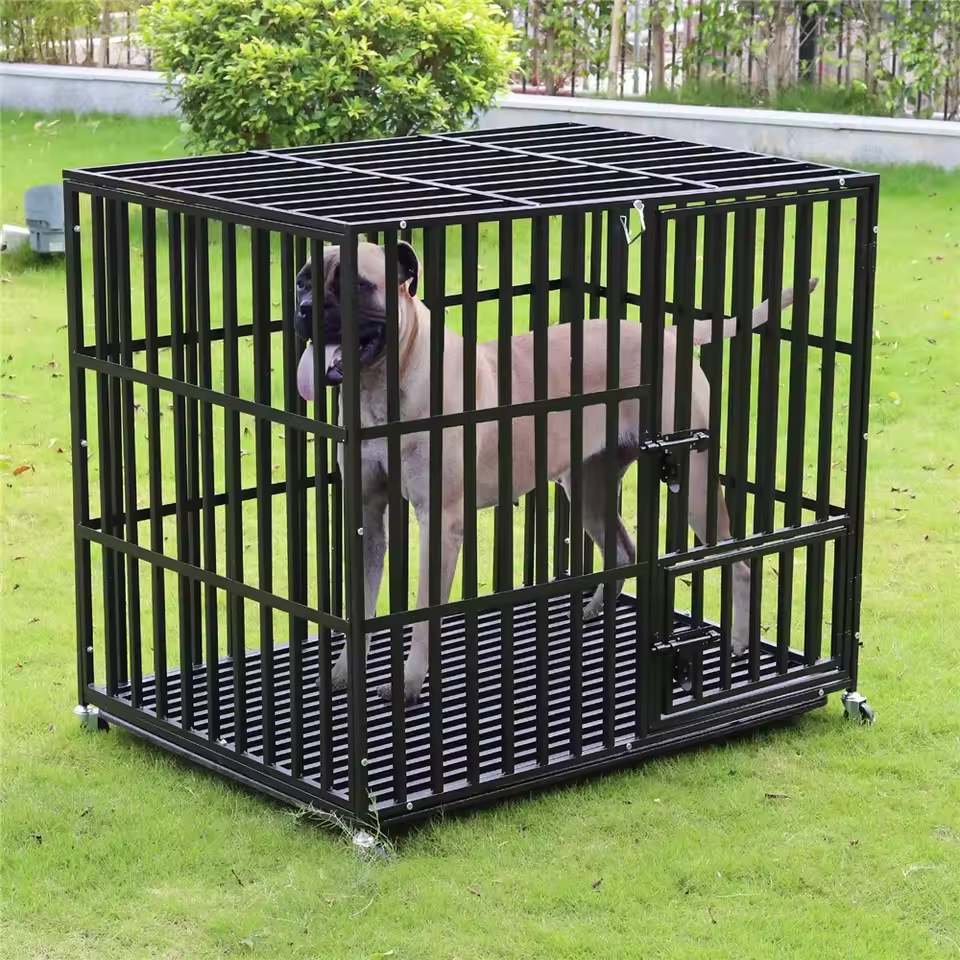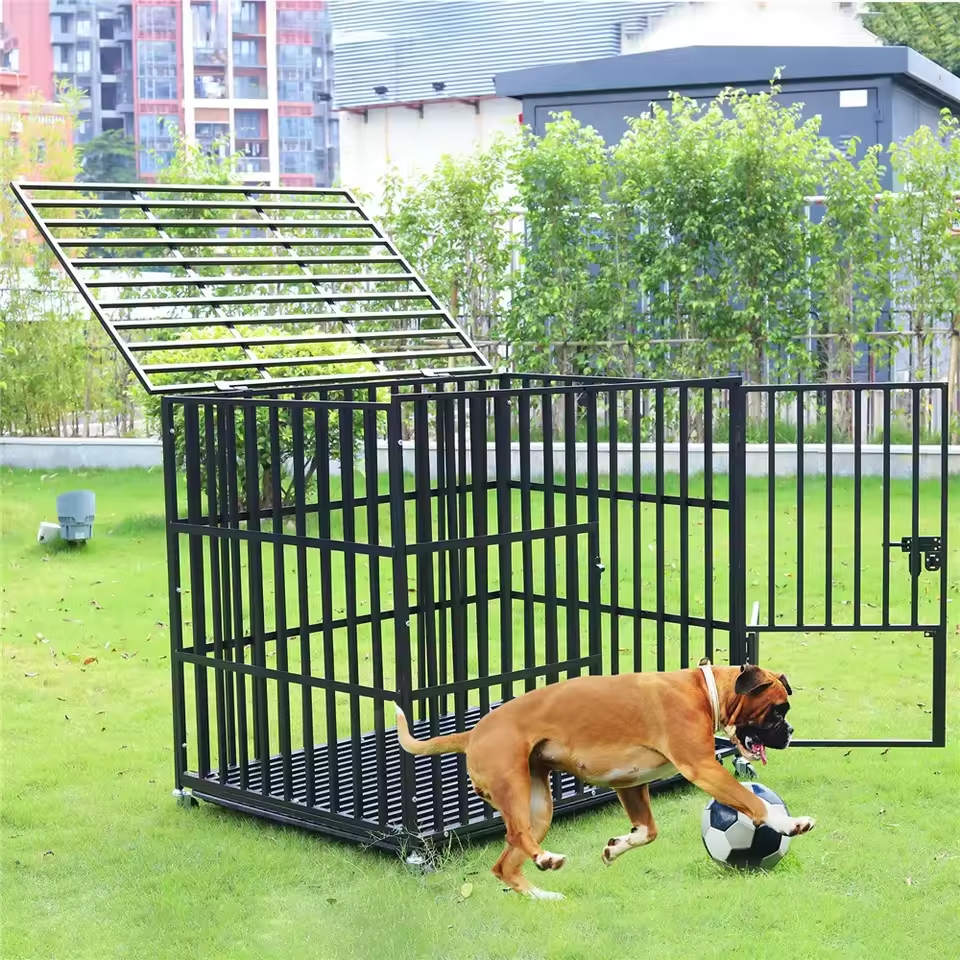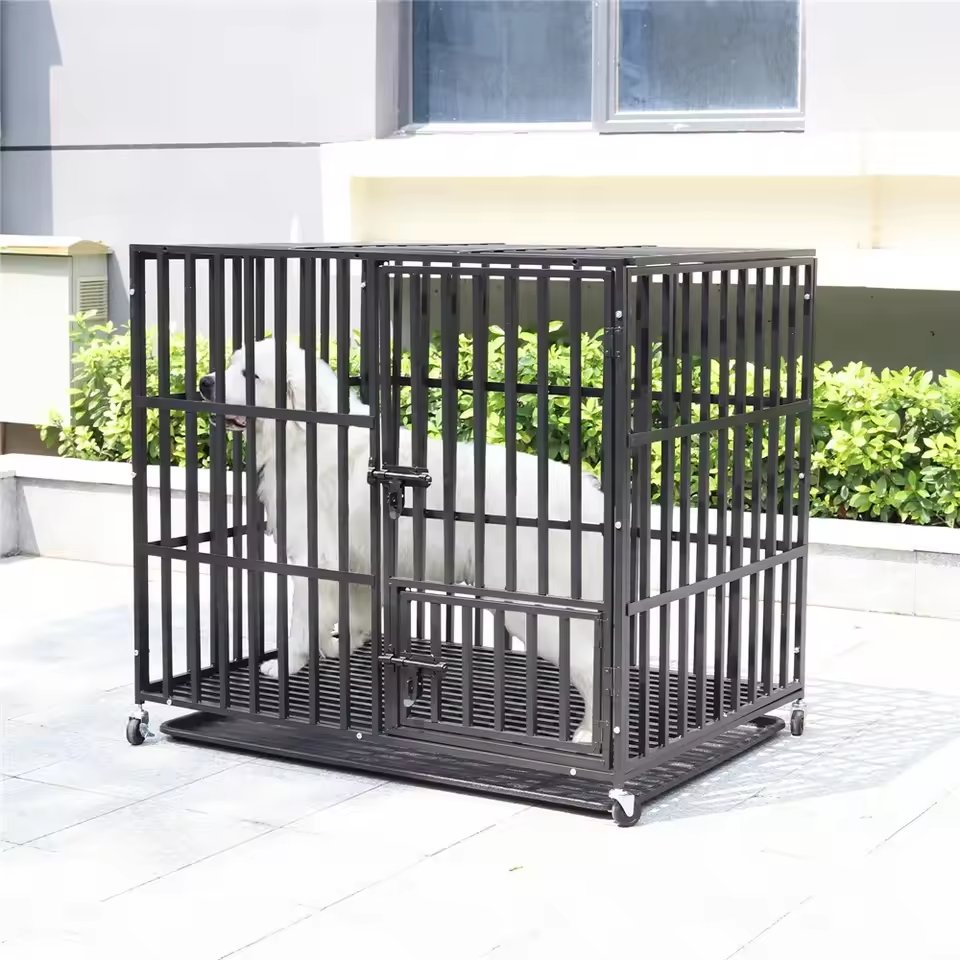Overview of Kennel Cough
Kennel cough humans, known as canine infectious tracheobronchial, is a common ailment in dogs. It targets the respiratory system, leading to symptoms that can disrupt a dog’s comfort and well-being. Like a cold in humans, it’s highly contagious among dogs, often picking up the infection in communal places such as kennels or dog parks.

To effectively unpack kennel cough, let’s break it down:
- It’s respiratory: Affecting the trachea and bronchi, it incites coughing and discomfort.
- It’s infectious: Easily passed between canines, especially where they congregate.
- Cause: Different bacteria and viruses can cause it, with Bordetella bronchiseptica being common.
- Symptoms: Dogs might show a persistent cough, reduced appetite, and lethargy.
- Transmission: Spread through airborne droplets or shared items, like water bowls.
- Humans: Extremely rare, but possible, for humans with compromised immune systems to catch it from dogs.
Recognizing kennel cough early on and taking steps for treatment can safeguard your dog’s health and the health of other dogs they interact with.
Recognizing the Symptoms in Dogs
Identifying kennel cough in dogs is vital for early treatment and preventing spread. Watch for these key signs:
- Persistent cough: A dry, hacking cough, often described as a ‘honk’, is a telltale symptom.
- Sneezing: Dogs with kennel cough may sneeze frequently, spreading the illness.
- Nasal discharge: A runny nose can accompany the coughing and sneezing.
- Eye discharge: Look for mucus or ‘eye boogers’ as a sign of infection.
- Reduced appetite: Dogs might eat less if they’re feeling unwell.
- Low energy: Your normally playful pup may seem tired or less active.
As you spot these signs, consider them warnings. Act fast to keep kennel cough at bay.

Understanding the Risk to Humans
When dogs catch kennel cough, pet owners often worry about their own health. Understanding the risk to humans can ease concerns. Here’s what you need to know:
- Rare Occurrence: Humans contracting kennel cough from dogs is very rare.
- High-Risk Groups: People with weakened immune systems are more at risk.
- Symptom Difference: Human symptoms, if they occur, are different from dogs’.
- Proper Hygiene: Washing hands and keeping pet areas clean reduce the risk.
- Vaccinate Pets: Vaccinating dogs against kennel cough helps protect both pets and owners.
It’s good to be aware but not anxious about kennel cough affecting humans. Keep a lookout for symptoms, and maintain a clean environment for your pets.
Kennel Cough Transmission Dynamics
Understanding how kennel cough spreads is important for preventing it. Dogs can catch the infection in several ways:
- Direct Contact: Nose-to-nose greetings between dogs are common sources of spread.
- Airborne Transmission: Coughing and sneezing release droplets into the air, spreading the disease, especially in enclosed spaces.
- Contaminated Surfaces: Shared bowls, toys, and bedding can harbor the bacteria and viruses that cause kennel cough.
- Human Transfer: While rare, humans can carry the pathogens on their hands or clothing after handling an infected dog.
Minimizing the chance of transmission involves a combination of hygiene, vaccinations, and limiting exposure to communal dog areas if there’s an outbreak. Keeping up with vaccinations, especially for the Bordetella bacteria, is crucial. Cleaning and disinfecting shared items and spaces can also reduce the spread. When outbreaks occur, isolating affected dogs is essential to prevent further cases.
For high-risk environments like kennels and shelters, strict protocols are necessary. They include regular cleaning, proper ventilation, and isolating new or sick animals. As a pet owner, if you suspect an outbreak in your area, prioritize your dog’s health checks and postpone visits to dog parks or social gatherings with other dogs until the risk subsides.
Treatment Options for Kennel Cough
Knowing how to treat kennel cough is important for your dog’s health. Treatment options vary depending on severity, but here’s a general guide:
Mild Cases
- Rest: Give your dog a quiet space to recover without stress or strain.
- Hydration: Ensure they have access to clean water to stay hydrated.
- Nutrition: Offer nutritious foods that are easy to eat even with a sore throat.
- Humidity: Use a humidifier or take the dog into a steamy bathroom to soothe the airways.
More Severe Cases
- Veterinary Care: If the cough persists or worsens, see a vet immediately.
- Medication: The vet may prescribe antibiotics or cough suppressants based on the diagnosis.
- Isolation: Keep your dog away from other pets to prevent the spread of the infection.
- Follow-up: Monitor your dog’s recovery and return to the vet if symptoms reappear.
Vaccines can also prevent some forms of kennel cough. Talk to your vet about vaccination options for kennel cough prevention. Remember, each dog is unique. Your vet can provide a treatment plan tailored to your dog’s specific needs.

Prevention of Kennel Cough Transmission
Preventing kennel cough is crucial for both dogs and their human companions. Here are steps to reduce risk:
- Vaccinate Your Dog: Ensure your dog’s vaccinations are up-to-date, especially against Bordetella.
- Avoid High-Risk Areas: Stay away from dog parks or kennels if there’s an outbreak.
- Keep Things Clean: Regularly clean and disinfect toys, bowls, and sleeping areas.
- Limit Contact: Avoid contact between your dog and others that are coughing or sneezing.
- Hand Hygiene: Always wash your hands after handling pets, especially if they are sick.
- Healthy Practices: Strengthen your immune system and that of your dog through proper nutrition and exercise.
Implementing these strategies will significantly lower the chances of kennel cough spreading.
When to Seek Veterinary Care for Your Dog
When kennel cough affects your pet, knowing when to seek veterinary care is key. There are certain signs that suggest a trip to the vet is necessary for your dog’s health:
- Persistent or Worsening Cough: If the cough doesn’t improve or gets worse, see a vet.
- Difficulty Breathing: Any sign of struggle in breathing warrants immediate attention.
- Lethargy: If your dog is less active or seems weak, they may need a vet check.
- Loss of Appetite: Not eating could indicate the cough is more than just a nuisance.
- Change in Behavior: Unusual behavior often means something is wrong with your pet.
- Fever: A raised body temperature can be a sign of a more serious issue.
In addition to these symptoms, if your dog has a pre-existing health condition or is very young or old, they are more susceptible to complications from kennel cough. Veterinary care becomes even more crucial for these dogs.
When in doubt, it’s better to err on the side of caution. Bring your dog to the vet if you’re unsure about their symptoms. Remember to call ahead, as kennel cough is contagious, and your vet may have specific protocols in place to prevent spread to other animals in the clinic.
Addressing Common Myths About Kennel Cough
Misconceptions about kennel cough in humans and dogs are common. Let’s clarify these myths:
- Humans Easily Catch It: Not true. Very rare for humans to contract kennel cough.
- Kennel Cough is Always Serious: Most cases in dogs are mild and treatable.
- Vaccines Aren’t Helpful: False. Vaccines can prevent or lessen the illness.
- It’s Only a Dog’s Disease: Mostly, but certain other animals can catch it as well.
- A Simple Cold in Dogs: Kennel cough can lead to complications without care.
Remember, keeping informed helps manage kennel cough responsibly. Consult a vet if you’re unsure about your dog’s cough.
Conclusion
In summary, kennel cough primarily affects dogs and poses little to no risk to humans. Understanding this illness helps alleviate unnecessary fears about contagion among pets and their owners. Knowledge of symptoms, treatment, and preventive practices is crucial for responsible pet ownership. Establishing strong relationships with veterinarians and staying informed ensures that both pets and humans can lead healthy lives.
Through awareness and action, we can support the health of our pets while creating a safe environment for all. Regular check-ups, vaccinations, and responsible behaviors within the community will significantly reduce the spread of kennel cough and improve pet welfare. Together, we can foster a culture of caring that extends beyond individual pets to encompass the broader canine community.